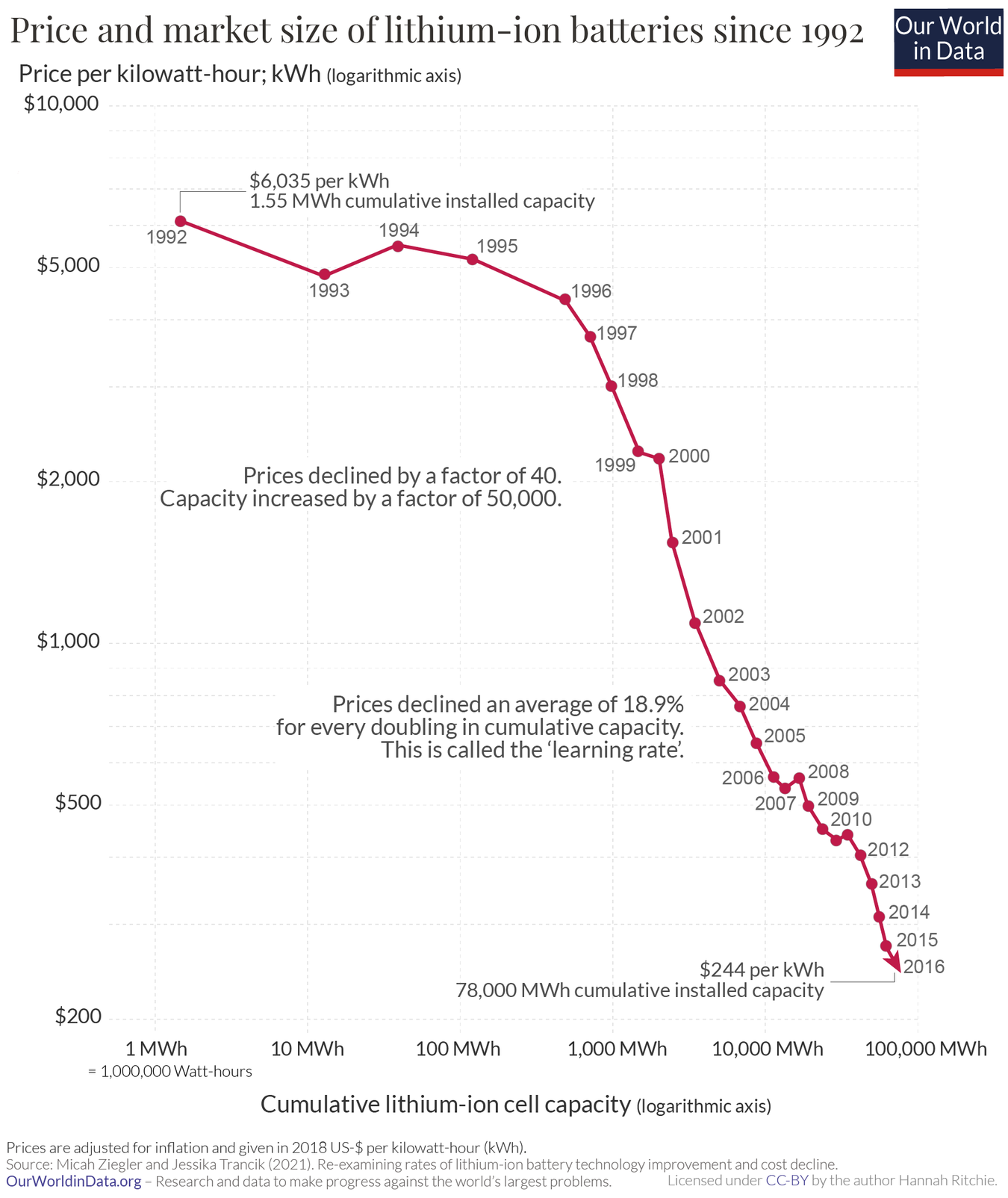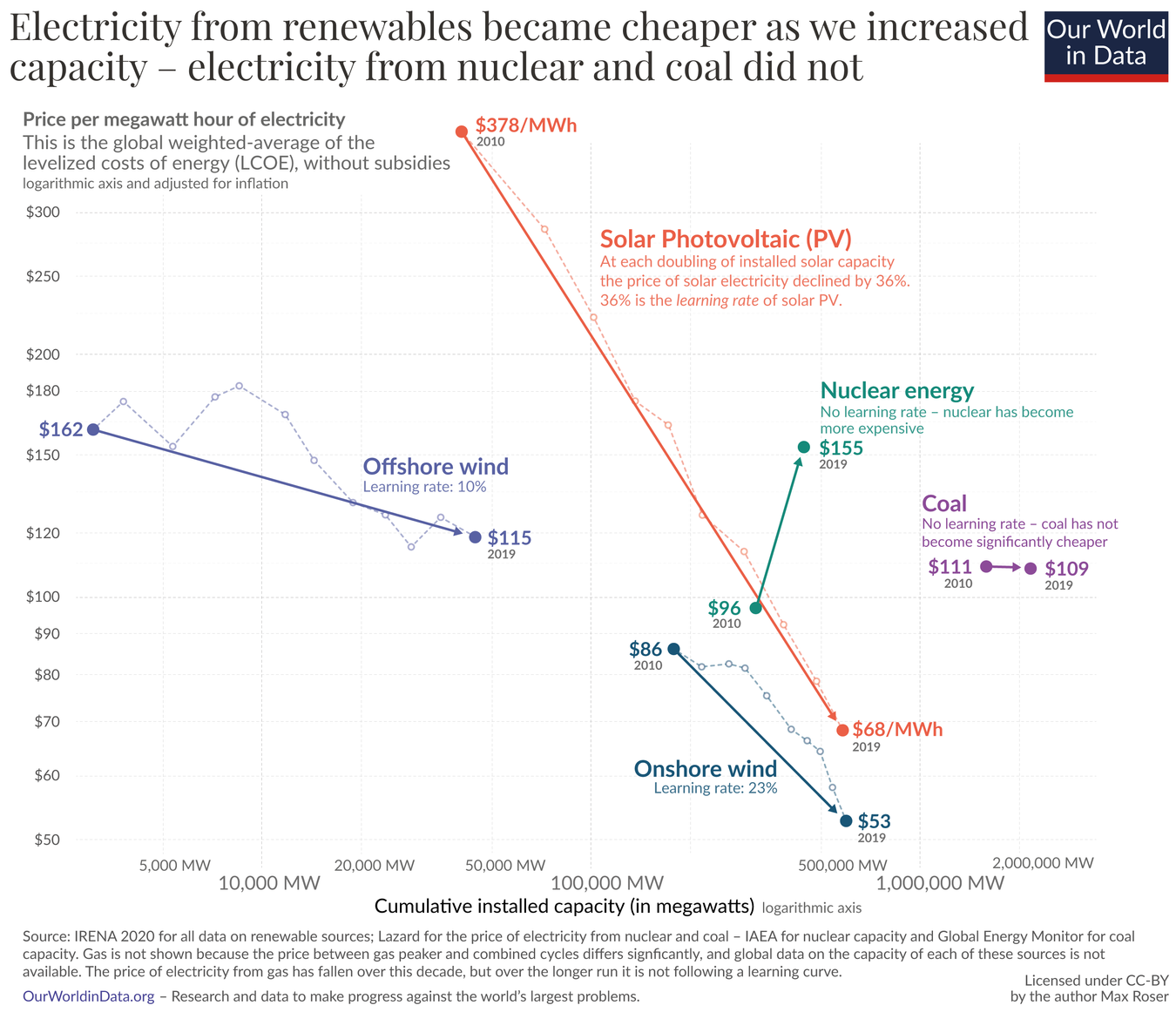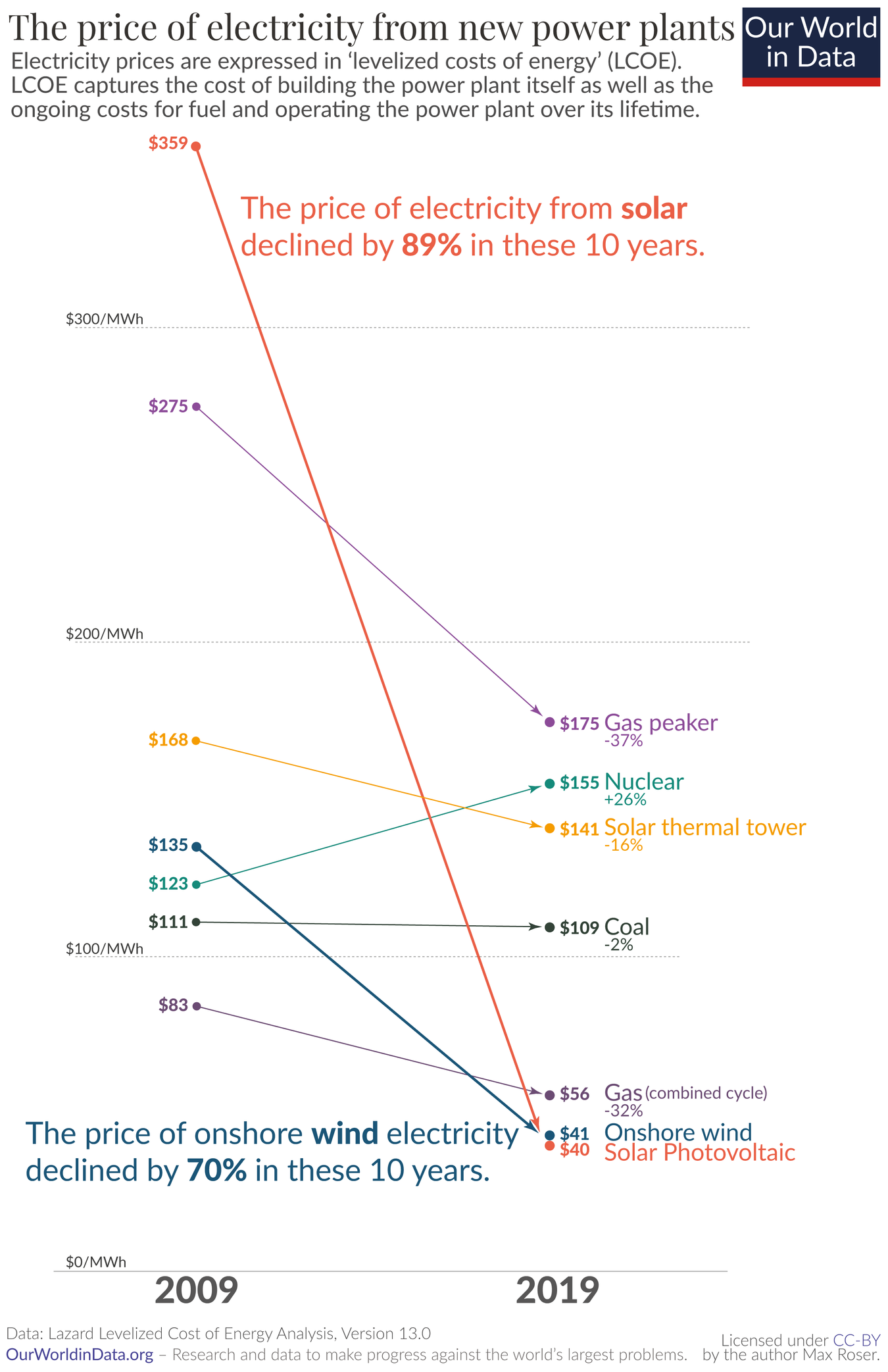- 1 Post
- 72 Comments
Yeah, that is a valid opinion to hold. I am saying that trust is garbage.
You could consider compiling the KeePass app yourself, if you’re worried about that one in particular.
A guy I used to study with, decided that he just wouldn’t have a password manager on his phone.
I’ve certainly considered switching to a Linux phone for that, among many other reasons…

I’m not saying they’re mutually exclusive, I just find it tricky to draw information from that.
For example, I correctly assumed this to not be akin to Dungeon Keeper, which would be a city builder like Rogue in the sense of it being a dungeon crawler.
But at the same, I guess, I assume Against the Storm would have procedural map generation like Rogue did, even though I don’t really consider that typical for city builders.
And yeah, this fuzziness of the term ‘roguelite’ means I don’t really know how much city builder to expect…
This F-Droid-like model (also popularly implemented by Linux distributions) is usually considered an improvement in security.
The thing with FOSS is that ideally you don’t have to trust the developer at all.
In theory, you could read the entire source code and compile it yourself. Then you’d know for sure that no malware is included.
Obviously, in practice, you can only hope that some nerds dig into the source code and notify journalists of malware-like behaviour.
It is no perfect protection. But it is the only tangible protection that FOSS actually delivers.
What does not protect you, is to trust each individual developer. They could publish innocous source code and then build the release binaries from a version with the malware-like behaviour patched in.
But because you likely don’t want to compile each app yourself, you might still feel compelled to entrust that work to a third party. This is where the F-Droid team comes in. Rather than trusting each developer, you just have to trust a single team.
Well, and if an app is built in a reproducible build, then even the work from the F-Droid team can be verified.

Tangentially is 2023 chock full of great games because the pandemic held up the development of so many studios?
I know, they all announced that, but as a software dev, I really don’t see why this should be the case. We largely just moved into home-office and continued working, often even at increased efficiency. I guess, building games might require somewhat more creative sessions, which are generally more productive in person, but I don’t see that making a huge difference.
My impression was rather that they had the usual delays, with maybe a few hickups at the start of the pandemic, and then they just declared the pandemic the whole reason for the delays.
As for 2023 being so full, the pandemic meant lots of people were at home, consuming digital goods. It caused a massive boom in the gaming industry. I imagine, lots of studios were able to secure (bigger) budgets during that time, which are now coming to fruition.

Believe me, I really don’t care to defend Bethesda. I’m not saying their engine is incredibly good.
I’m mostly saying, I feel like their games would be different and even more AAA-generic, if they built it on top of Unreal or Unity. And I’m giving them mild props for not just buying into the duopoly.
But I’m also just saying that, as a result of building their own engine, Bethesda can’t just quickly prototype something. To see what the final game looks/feels like, they have to invest years into engine development.

I feel like this is emblematic of why many AAA titles are so dull.
I mean, you gotta give Bethesda some props here for developing their own engine. Indies don’t do that.
But still, 8 years ago, they had this idea of a Bethesda game in space. Maybe they should have seen it coming that this concept won’t work out terribly well, but ultimately someone decided to go ahead with it and then they spent 7 years building a space physics simulation, procedural planet generation and so on.
There was no way, they could have not released this game after realizing the concept doesn’t work out terribly well. Or taken a step back and shifted the focus of the game towards space flight. Or taken a step back and deviate from the Bethesda-typical formula for this space theme.
These are options you have, when you’ve spent a few months prototyping, not after multiple years. They had to roll with the concept and basically try to bruteforce the fun into it.
Hmm, interesting. Here in Germany, power companies are partially privatized and I always thought, whomever came up with that nonsense took inspiration from the turbo-capitalism in the USA. Apparently not.
Do they need to be profitable, though, in your model? It mostly sounds like a traditional public service, where the government could just tell them to use the money for solar…
Yeah, I fell out of love with Bethesda with Skyrim, and I’ve never been big on scifi, so I knew it wasn’t going to be for me, but even with my lowered expectations, it just looked so incredibly generic.
I guess, I forgot to factor in that it’s also a AAA title. Those are, of course, prohibited by law from containing any resemblance of fun. But yeah, I don’t know, it just looked like generic space game + generic shooter + generic Bethesda game. And then, as you’ve said, we’ve seen plenty games in each of those categories. Merely combining the categories, doesn’t yet make for a good game.
As far as I understand the description at the top of the image, no, storage is not included. But if production costs are insanely low, that of course does leave plenty room for storage or redundancy. In particular, personally I believe the costs will continue on a logarithmic drop and we’re at the steep part of that, so even if it really is not the case today, I do expect solar production + storage to become cheaper in a not too distant future.
Also, as another graphic from the source article illustrates, battery costs are rapidly dropping, too:

Hi, I’m a human being, not an “anti nuke propagandist”. I just checked, if there’s newer data, and well, there is, but no one seems to have formatted that in a way yet, which you or me would be willing to digest.
Personally, my impression has been that the solar industry was one of the industries that was pretty much completely unaffected by COVID, so I felt this graph was still perfectly relevant.
But even if it were strongly affected, I do not see why our technological progress in manufacturing, that we had in 2019, should evaporate with COVID.
There is inflation and a rise in natural catastrophes, but I feel like those would affect nuclear and others roughly proportional.
I was considering whether this is just a shitpost, but your other comments suggest that you’re completely serious. It does not go away. Radioactive decay causes multiple transitions between radioactive elements until it ends up as lead, which does not decay further.
Of course, it should also be said that it’s better to have no waste than waste that eventually turns into lead.
And that it’s still better to have waste than waste which also happens to be toxic.
The source article actually talks about this and measured data suggests nuclear cost actually went up, despite more capacity being built.
This is the first time, I’ve read this anywhere. More sources/studies would be really important. And there is lots of interpretations to be had on the why, but assuming the article isn’t completely off the mark, that’s cold, hard data suggesting that your (perfectly reasonable) assumption is actually wrong, after all.
There is this vision for the future, where people can use the battery in their electric car (or a separately bought battery) to store power, either produced by their own cheap solar or from the grid during over-production. And then some software could sell that energy back into the grid at night or during high demand.
If that becomes a reality, we might have it at least so that if a chunk of the grid gets cut off for a bit, it can actually tide that over.
Yeah, there may be situations/regions where even the cheapest solar isn’t good enough. But at some point, the cost difference does become an oppressive argument. Even at that price in 2019 already, you can use around 75% of your money to build storage or redundancy in multiple regions / with alternative renewables.
And this trend of cost reduction for solar will very likely continue, even if it might start levelling off at some point.

Ah, so it’s just that you can play singleplayer already before release, but it will also be available to everyone who buys the game after release?
I interpreted this sentence:
VGC’s Modern Warfare 3 review says of the campaign: “Sold as a pre-order bonus and […]"
…to mean that it would only be available to those who pre-ordered. Which would certainly be wild, but I thought, maybe that is why it’s so short then.
I use a SHIFT6mq with GApps-less LineageOS and only apps from F-Droid.
And I do lots of things with it. Media consumption, email, web browsing, music, social media, RSS, messaging, note keeping, shopping list, navigation tool (map & public transport), ticket wallet, 2FA etc…
I don’t care to use proprietary services, so not having access to the respective apps is not a problem for me.
Really, I’d want it to be even more open. Android has some real limitations to it, like no way to just quickly script something, and just generally, it disallows apps from doing lots of useful things, because it assumes apps to be malware.

I think Starcraft has enough story and character development by now that its identity is more than just the mechanics that it started with.
I can imagine that, but I don’t think anyone but RTS fans know that.
I feel like, if they want to ‘bring it back’ as a brand, they would need to do an RTS game with all the marketing and such, to please the fans and bring it back into the public’s memory, and then they could follow it up with a non-RTS spinoff.
If they don’t do it like this, they’ll likely have another debacle like with Diablo Immortals, where fans are waiting for a full-fledged title in that series and they’re announcing something that’s just not that.
Yeah, I was wary making such sweeping statements about the genre, because I’m sure, there’s oddballs, but I didn’t either want to talk just of DCSS + Shattered Pixel Dungeon, which I’ve played more of…
And DCSS used to have food. They removed it some versions ago. What stops you from grinding, is that there’s a rather limited number of (non-respawning) enemies/XP.
It’s a bit of a long shot, but you might enjoy traditional roguelikes. At least, I kind of felt similar and then found them to be what I was looking for. How they fare for your individual points, roughly sorted from pro to not-necessarily-pro:
- I don’t like the feeling of being OP, I want to struggle through the end
- I hate grinding
Traditional roguelikes have brutal difficulty and grinding is effectively not a thing you can do.
- using items feels like cheating, so I tend to just use character abilities (I will heal if needed); I’d rather “git gud” than buy and use items
- I don’t like loot
The brutal difficulty forces you to use items. It won’t feel like cheating, but rather the only way to progress.
And there’s no way to sell loot, so basically whatever you find, either it’s new equipment or you just leave it there.
This also means money is extremely tight. You won’t be able to buy a hundred cheese wheels to counter-heal through encounters.
- turn based combat (tactics) is generally boring, but I do like puzzles, so that can make it acceptable
Very much turn-based, although not JRPG-style (which I dislike, too) and the games do generally feel like large, somewhat less strict puzzles.
- I don’t care about leveling up/character builds, it feels like a chore; abilities also don’t interest me
Well, this one’s a bit tricky. Traditional roguelikes are kind of all about that, moreso than RPGs. Because a death (or a win) resets your game progress, they can rapid-fire progress at you.
On the plus side, this is all part of the larger puzzle. It is not just a chore, but rather key to beating the difficulty.
I guess, I should also point out that by “traditional roguelikes”, I mean games that are actually like the 1980 game Rogue. So, don’t expect hyperrealistic 3D graphics. 🙃
Here’s two games that are relatively popular + beginner-friendly:

This is going to be an oddball suggestion, but quite a unique gaming experience, in my opinion: NodeCore
It’s basically Minecraft meets puzzling to progress through technologies.
The game is rather difficult. And it being so niche, there’s no wiki to tell you the solutions, except for actual Wikipedia, because somehow it’s relatively realistically modelled.
As such, it has this feeling of being the first human to figure these things out and I found it massively rewarding when I pushed through some of the more complex puzzles.
The whole game is completely free. Just download the Minetest engine/launcher and search for “NodeCore” in the Content-tab.

Yeah, I was considering giving that technicality its room, especially because ESO exists. ESO is kind of FO76 in the TES universe.
But at the same time, ESO wasn’t really what most TES fans hoped for either, so from that average consumer view, it may actually even feel like another project that’s somewhat misguided, while waiting for TES6.

Well, active development. Especially for TES fans, it may be difficult to grasp why they would not start with TES6 right after the release + bugfixing of Skyrim. Others may understand that they’ll do Fallout 4 in between.
But doing two Fallouts + Fallout in Space Starfield, it would have deserved a comment from Bethesda.

They did put a pretty massive gap between Skyrim and ES6. Of course, fans will start to wonder, whether anything’s in the pipeline, when it could have realistically been close to release in 2018 already. I guess, they focused on Fallout for a few years, which is a valid decision, but I don’t think, they ever announced that this means ES6 isn’t yet in the works.





I thought, this was going to be about D
oomRL, which is a different take on that: https://drl.chaosforge.org/screenshots🙃